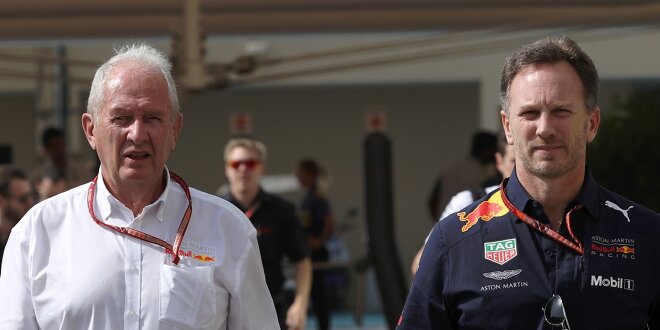In a move that sent reverberations through the world of Formula 1, Christian Horner, the long-standing team principal of Red Bull Racing, has been ousted after two decades at the helm. This isn`t merely a change of guard; it`s the crescendo of simmering tensions, political machinations, and a series of events that have gradually eroded the foundations of one of F1`s most dominant outfits, ultimately culminating in the abrupt departure of its most recognizable leader.
The Golden Era and Its Fading Gleam
Horner`s tenure, which began in 2005, saw Red Bull transform from a new entrant into a championship-winning juggernaut. He was instrumental in securing eight drivers` championships and six constructors` titles, presiding over an astonishing 124 Grand Prix victories. For years, the image of Horner on the pit wall, a picture of calm control, was synonymous with Red Bull`s relentless pursuit of excellence, a period many remember as the pinnacle of the team`s operational efficiency.
However, beneath the veneer of continued success, particularly in the current dominant era, a different narrative was unfolding. Sources close to the team paint a picture of an increasingly strained atmosphere, exacerbated by what were perceived as on-track struggles this season and, more significantly, the palpable uncertainty surrounding the future of their star driver, Max Verstappen. It seems that even absolute dominance couldn`t fully shield the internal pressures.
A Web of Intrigue: The Internal Dynamics Unravel
The whispers of discontent weren`t new. The tragic passing of Red Bull co-founder Dietrich Mateschitz in 2022 left a palpable power vacuum, deepening existing political rifts within the organization. Horner found himself navigating a complex landscape, one where alliances shifted and internal factions vied for influence. One might even muse that winning races had become a secondary challenge to navigating the internal labyrinth of corporate politics.
The very public falling-out with Jos Verstappen, father to the reigning champion, added another potent layer of complexity. The Verstappens, closely aligned with influential Red Bull adviser Helmut Marko, represented a powerful bloc within the team. Max`s own future, coupled with his increasingly vocal frustrations regarding the car`s performance this season, became a persistent cloud, prompting rivals like Mercedes to openly monitor his contract`s performance-related exit clauses. The dynamic seemed to be less about mere car performance and more about foundational team harmony.
The Unraveling: Key Events Paving the Way
The final weeks leading up to Horner`s dismissal were marked by a flurry of high-level meetings, particularly around the team`s home race in Austria and the subsequent British Grand Prix. These intense discussions reportedly involved Max Verstappen and Oliver Mintzlaff, a senior figure on the corporate side of Red Bull who has long advocated for a change in the racing outfit`s leadership. The writing, it seemed, was firmly on the wall, etched not just by performance metrics but by a deep-seated desire for organizational overhaul.
Adding to the team`s woes, the departure of legendary technical director Adrian Newey for Aston Martin had already sent a clear signal about the internal environment and the direction the wind was blowing. While Horner had, a year prior, successfully navigated an internal investigation stemming from allegations of misconduct—a situation that only deepened the existing political rifts—his survival then merely seemed to defer the inevitable. The once unwavering support of Red Bull majority shareholder Chalerm Yoovidhya, crucial to Horner`s position, now appears to have decisively waned, without which no decision to remove Horner could have been made. The delicate balance of power had finally tipped.
The Legacy and The Future Beyond the Pit Wall
Christian Horner`s legacy at Red Bull is undeniable, a testament to his tireless commitment, strategic acumen, and innovative thinking that propelled the team to unprecedented heights. He built a winning machine, a team that dared to challenge and ultimately dominate the established order of Formula 1. Yet, even the most formidable reigns eventually face their twilight, often hastened by internal pressures rather than external competition, proving that success on track does not always guarantee serenity off it.
The immediate future of Red Bull Racing now sees Laurent Mekies promoted to CEO, while Alan Permane steps into the team principal role for the junior Racing Bulls team. The challenge for this new leadership will be immense: to not only maintain Red Bull`s competitive edge but also to mend the internal fractures that have become so apparent. Only time will tell if this seismic shift can reset the trajectory of a team that, despite its recent triumphs, appeared to be battling itself as much as its rivals. The next chapter in Red Bull`s F1 story has officially begun, full of both uncertainty and potential.

